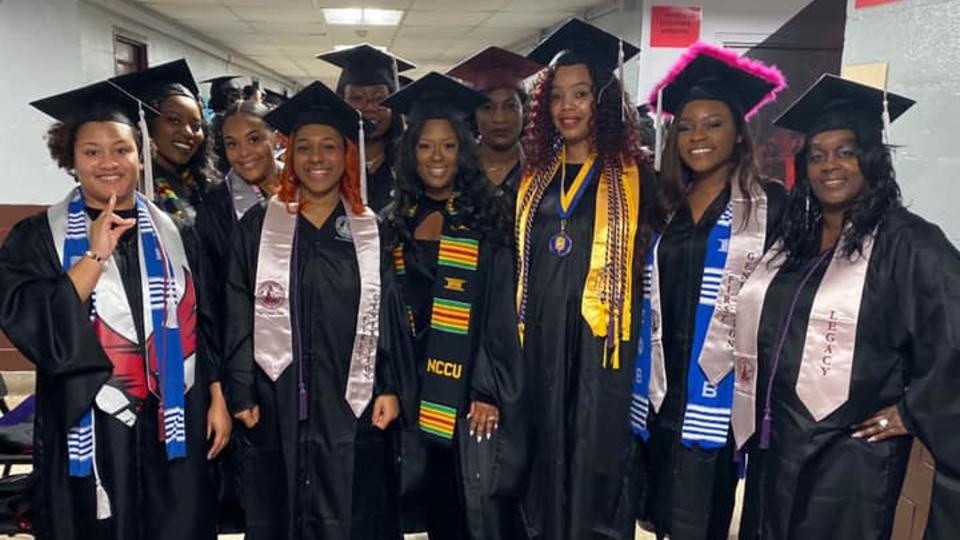Welcome
The Department of Criminal Justice offers curriculum and practice experiences that are designed to help develop students and practitioners with critical and analytical skills to promote the administration of justice and crime prevention and control in a global society.














